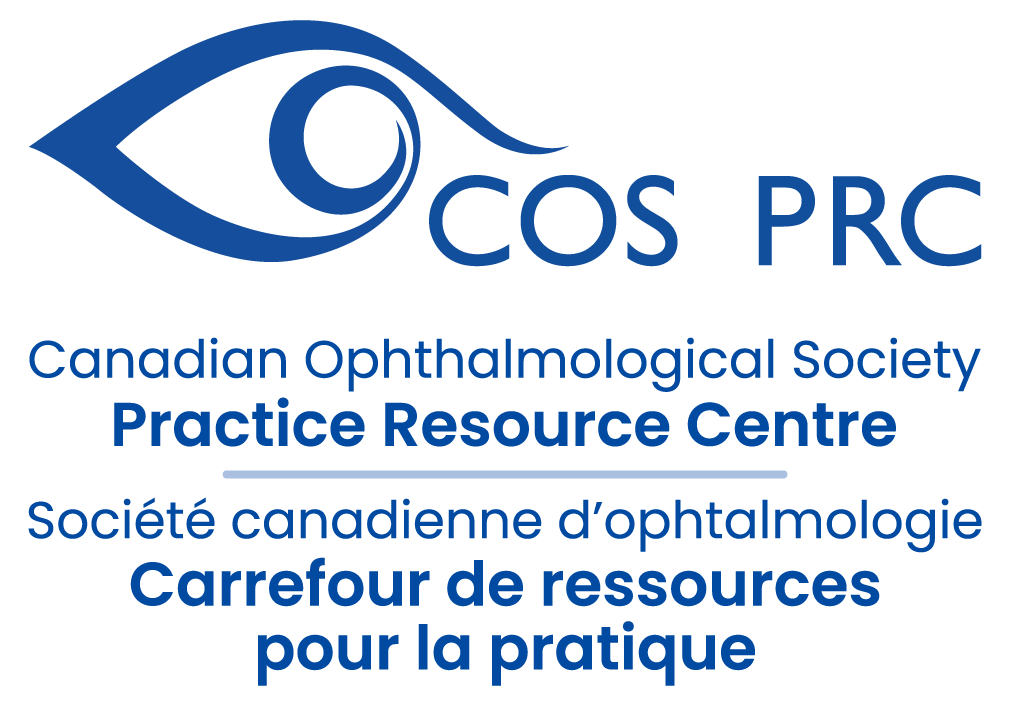CMPA eLearning: Speaking Up
Upon completion, you will be able to:
- Define psychological safety, cross-monitoring, and speaking up.
- Identify common barriers to speaking up.
- List two strategies for speaking up.
- Recognize ways to foster speaking up within a team environment.
This activity is an Accredited Self-Assessment Program (Section 3) as defined by the Maintenance of Certification Program of the Royal College of Physicians and Surgeons of Canada, and approved by the CMPA. You may claim a maximum of 0.5 hour (credits are automatically calculated).
This activity was published in April 2021.

CMPA eLearning: Privacy and confidentiality
Upon completion, you will be able to:
- Describe the professional and legal obligations for physicians to protect health information and maintain patient confidentiality.
- Define the concept of implied consent when sharing patient information within the circle of care.
- Recognize specific situations where the law requires or allows disclosure of confidential patient information without the consent of the patient
This activity is an Accredited Self-Assessment Program (Section 3) as defined by the Maintenance of Certification Program of the Royal College of Physicians and Surgeons of Canada, and approved by the CMPA. You may claim a maximum of 0.5 hour (credits are automatically calculated).
This activity was published in June 2021.

CMPA eLearning: Negligence and civil liability
Upon completion, you will be able to
- Define negligence (civil liability in Québec) in a medical malpractice context.
- List the elements that must be proven to find negligence (civil liability in Québec).
- Describe how the courts determine if a physician has breached the standard of care (committed a fault in Québec).
This activity is an Accredited Self-Assessment Program (Section 3) as defined by the Maintenance of Certification Program of the Royal College of Physicians and Surgeons of Canada, and approved by the CMPA. You may claim a maximum of 0.5 hour (credits are automatically calculated).
This activity was published in July 2021.

WGA Surgical Grand Rounds
World-renowned glaucoma specialists share how they approach surgical challenges. Mark your calendar for the WGA Surgical Grand Rounds Webinar on January 27, 2022. The webinar will be broadcast live at two timeslots, making sure that wherever you are, you can tune in at a time that suits you. As a bonus, you’ll have early access to the on-demand replay of the webinar.
Once registered, you can join one of the two sessions at your preferred time:
- 8 am UTC | find your local time here
- 3 pm UTC | find your local time here
The webinar will address:
- Treatment of bleb dysesthesia/overhanging blebs presented by Paul Palmberg. Panelists: Yvonne Buys and Peng Khaw. Moderated by Tanuj Dada.
- Pseudoexfoliation glaucoma with small pupil and cataract with zonular weakness presented by Arsham Sheybani. Panelists: Antonio Fea and Marlene Moster. Moderated by Pradeep Ramulu.

CJO December 2021 Issue Highlights
The December 2021 CJO is now available online. Here are some of the highlights:
Resident Perspectives + visual abstract: Our residents have summarized 4 articles that are relevant to ophthalmology learners here in Canada and around the globe, including the article featured in our June visual abstract, Micropulse trans-scleral laser therapy outcomes for uncontrolled glaucoma: a prospective 18-month study.
Review and original research articles:
- Visual outcomes following cataract surgery in age-related macular degeneration patients [original research]
- Intravitreal anti-vascular endothelial growth factor versus panretinal LASER photocoagulation for proliferative diabetic retinopathy [systematic review]
- Corneal densitometry and biomechanical properties in patients with primary congenital glaucoma [original research]
- Vision-related quality-of-life estimates in adolescent youths [original research]
Research letters and case reports:
- Profile of glaucoma surgical and laser procedures in Alberta from 2003 to 2018 [research letter]
- Low prevalence of fibrate use in adults with type 1 and type 2 diabetes and established diabetic retinopathy [research letter]
- Guttae-like changes post Descemet membrane endothelial keratoplasty [case report]
- Cystoid macular edema secondary to latanoprostene bunod [case report]
- Cataract appropriateness tightrope [case report]
Follow the CJO on social media:
Twitter: @CanJOphth
Instagram: @cjo_jco
Facebook: CanJOphth
Case-Based Neuro-Ophthalmology: Multiple choice questions and explanations
Case-Based Neuro-Ophthalmology: Multiple choice questions and explanations is an online textbook designed for ophthalmology and neurology residents learning neuro-ophthalmology through cases and multiple-choice questions.

Contact Person: Jonathan Micieli, [email protected]
Canadian Neuro-Ophthalmology Group eTextbook of Eye Movements
Canadian Neuro-ophthalmology Group eTextbook of Eye Movements is an Online Textbook that serves as a comprehensive clinical review of ocular motor function and dysfunction.

Optics for Residents with Dr V Penner
Optics for Residents with Dr V Penner A series of short youtube videos on various topics in optics intended for residents. Dr. Penner discusses approaches and answers to common optics questions.

One Retinoblastoma World Website
Online Resource
One Retinoblastoma World website. The website lists the global centers that treat retinoblastoma, as well as their human and material resources/capacities.
Retinoblastoma is an aggressive eye cancer that affects 8,000 new babies and children worldwide each year. Early detection and coordinated, evidence-based care at expert treatment centers are key to saving lives and vision.



